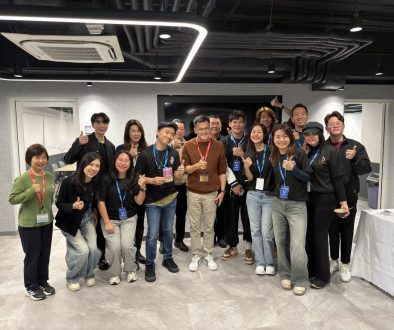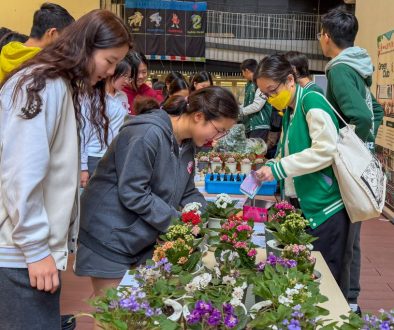SISHK Scholarship 17/18
by Lindsay Hu and Alison Yip (DP1B)
We are very honoured to be chosen by our school to be the IBDP scholarship holders of 2017/18. We understand the responsibility we have to contribute to the school, and this includes helping students in their journey to become a future scholar. Through this article, we hope that we can shed some light on the application process, and share of our thoughts on being a scholar.
The application starts with simply filling out the form. The form contains all the information that the school should know about you: your academic and non-academic achievements both in and out of the school, your grades, and your experiences. Select what you put in the form cautiously: try to show that you are well-rounded, passionate, and that you excel at the things you do. However, do not put down every single thing you have done! Choose only those that represent who you are; aim for concision and coherence. Quantity does not equate to quality!
You will be required to submit an essay along with your application form. The essay is a passage written in response to a given prompt. The essay should say something that your application form doesn’t: take the essay as an opportunity to demonstrate another side of your character. Write the essay genuinely and practically; don’t write something that you know only sounds good on paper but doesn’t work in practice. Being a scholar is a responsibility, a commitment, so when you write down something, make sure you mean it, and that you are prepared to commit to it.
After the application form is handed in, you will be asked to attend a interview process. For the both of us, we had our interview in groups of five to six students. Students sat together and responded to questions asked by the panel, which included the principal and the vice-principals. During the group interview, we built upon each other’s ideas and developed a creative discussion session. The format of a group interview is such that you can demonstrate your ability to work in a group and contribute to discussion, so utilise it to your advantage. Don’t feel obliged to speak when others seem to be speaking more than you are though, as the pressure may cause you to end up saying something you didn’t mean to say! The questions were open and allowed us to respond creatively, some allowed us to reflect on our roles as seniors in the school, while others encouraged us to work among the group and come up with a plan/activity.
We were both extremely happy and grateful when we found out we had been chosen as the DP scholars. It was an absolute honour to receive such recognition, and from then we looked forward to the journey ahead and the challenges awaiting us. As DP students, especially as scholars, we have the responsibility to set an example and be the role model of our juniors. This meant fulfilling the roles of not only students but also student leaders. It didn’t mean feeling superior over others or taking things for granted. We kept in mind to live up to the expectations of the school, teachers, fellow students, as well as our own expectations, while still being true to ourselves. Even though there is some pressure that arises from the expectations, such as times when we felt the need to shape ourselves as someone we are not. There are also times when we feel like we haven’t been able to meet the standards expected of us, and we feel disappointed. But we remembered to stay true to ourselves, judging our ability and commitments wisely so that we can contribute as much as we can without being overly stressed. We also learned that the pressure coming from others can be unnerving, but as long as you remember that you have been chosen by the school to serve the community, the pressure will become motivation for you to do better, and you will find the courage to continue.
As scholarship holders, we will continue to lead by example, work hard, and contribute to the school community both academically and non-academically.



